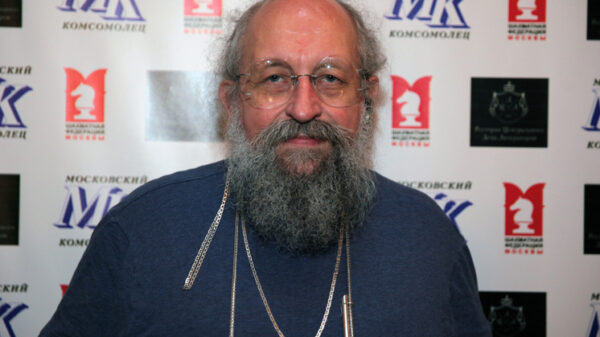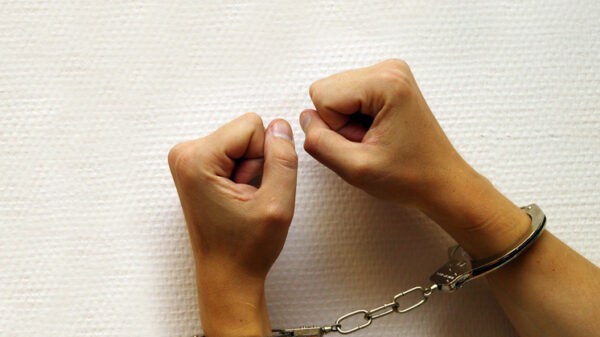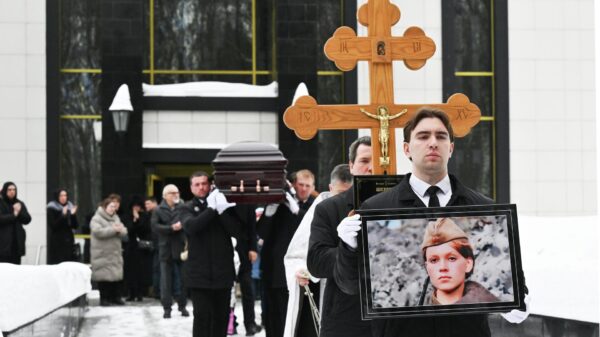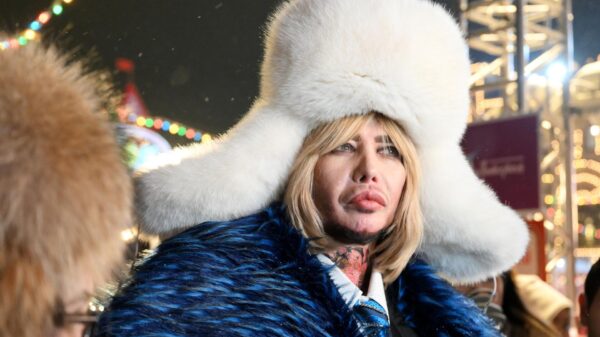 Laura Collette was placed in an induced coma for six days after a driving accident in 2013. Photo: Adrian Sherratt
Laura Collette was placed in an induced coma for six days after a driving accident in 2013. Photo: Adrian Sherratt
“Horses are my everything,” says Laura Collett. Her obsession drives a terrifying redemptive storyline that feels like a modern twist on Seabiscuit. If you follow equestrian sports at all, you've seen Collette ride. An outstanding British eventing athlete, she was part of the team that won Olympic gold in Tokyo.
And yet, just eight years ago, Collette came vanishingly close to death when she was crushed when an inexperienced horse rolled on top of her. Even after she was put back together, she still had to cope with the loss of her right eye.
But she never thought about leaving. “I have no idea what else I could do with my life,” she says.
We meet at Collett's rented yard in the village of Salperton in Gloucestershire. She apologizes because London 52 — the 14-year-old world champion she competes in major competitions — is «on holiday» and therefore unavailable for photographs. Instead, she saddles up the spare mount and leads it toward the camera.
At 5 feet 3 inches tall and weighing less than nine pounds, Collette is dwarfed by the enormous beast. This difference makes it even more difficult to calculate the events of July 8, 2013.
“I was resuscitated five times”
That was the day Collett rode up to the seemingly innocuous fence at Tweseldown on the young mare Tees A Beauty. She only knows what happened next because she watched the video. Her own memories are blank until a week later, when she wakes up in Southampton General Hospital and wonders what on earth her grandparents, living on the other side of the world, were doing at her bedside.
< p>“Yeah, I had a bad fall,” Collette says now, combining deadpan understatement with a slightly awkward half-giggle. “I was riding a horse that I had only ridden once before. Basically, she hit the fence and did what we call a spin fall, so the horse completely flipped over and landed above me on the hard ground. That was great.» Collette lets out another big laugh.
«So yeah. I was knocked out and then resuscitated five times on the way to the hospital. They called a helicopter but I wasn't stable enough to fly so they took me down the road to Southampton. Two of my lungs were punctured, my liver was ruptured, my ribs, shoulder, cheekbone were broken — and I lost sight in one eye.”
She delivers her list in the distant tone of a schoolgirl conjugating a Latin verb. Collette is not one to seek sympathy. Her mother, who raised her alone, is from New Zealand: a reserved nation that despises showing off. Even now we are standing in the back room of the stables, on the door of which is written in large letters that same Kiwi motto: “Don’t be an asshole.”
 After her fall in 2013, Collette was just happy to be back doing what she loved most. Photo: Adrian Sherratt
After her fall in 2013, Collette was just happy to be back doing what she loved most. Photo: Adrian Sherratt
As they say, you need to get back on the horse. In Collette's case, it took her just 11 days after the accident, six of which she spent in an induced coma.
«They thought I was crazy,» she explains, referring to her family and support team. “The whole process was traumatic for them, and I slept through it all. My mother was never interested in my career choice and would have been happy if I left. But she knew that was not an option.”
“There is a perception that eventing is a chic sport.”
A quarter of a century ago, Collette’s mother Tracey introduced the family to ponies in the vain hope that Laura’s older brother had contracted a riding disease. But things didn't turn out that way. “I was about two years old at the time,” Laura says now. “I screamed because I wanted to get on the pony, and he screamed because he wanted to get off.”
Any mention of ponies carried a hint of privilege, but Tracy worked as a kindergarten teacher during the week and at a gas station on weekends to finance her hobby. “There is a widespread belief that eventing is a luxury sport,” says Collett. “But in reality, a lot of people do it simply because of hard graft and love for the sport.”
It was a heavy bribe that helped Collett progress through rehab at record speed. As an eventing specialist, she may be fortunate to not have to worry about rival horses sneaking up unnoticed on her right (a problem that affected the equally half-blind Johnny «Red» Pollard, Seabiscuit's legendary jockey of the 1930s). ).
But Collette faced her own obstacles in more ways than one. As she began to plan her jumps, her monocular vision (the result of a bone fragment lodged through the bloodstream from her shoulder into the optic nerve) disrupted her depth perception.
«The jumps will look like they're moving as you get closer to them, which isn't ideal,» she says. “I used to get into different things. When I poured drinks, I skipped the glass. Therefore, I trained my eyesight quite a lot: catching balls and so on. You'll have to learn to adapt, won't you?
Olympic dream come true
Always lively and businesslike, Collett soon returned to competing in the Nations Cup competition, which is equivalent to the four major tournaments in tennis or golf. The only missing piece on her resume was an Olympic call-up — something she came close to achieving when she was named reserve rider in both London and Rio. In the end, however, she was relieved that she had not been drafted. “At the time, I never thought my horses were good enough.”
 Collett became the first British Olympic eventing champion dominates Tokyo with Tom McEwen (left) and Oliver Townsend. Photo: AP/Carolyn Custer
Collett became the first British Olympic eventing champion dominates Tokyo with Tom McEwen (left) and Oliver Townsend. Photo: AP/Carolyn Custer
The required power finally arrived during a shopping trip to Germany in 2016. “I saw London 52 running around the arena,” she says. “He wasn’t someone we really went to look at. But I liked what I saw. It took me four years to prepare him for five-star competition. But that makes him even more special: he is who he is because of everything I did with him.”
For Collett, the pandemic was something of a stroke of luck. London 52 would not have been ready for Tokyo if the games had gone ahead as originally planned. Gold in the team event alongside Tom McEwen and Oliver Townend was just reward for her perseverance.
The eventing merry-go-round continues as she works toward her next goal: the Paris Olympics. When asked if there is a selection process underway, she replies: “How long is a piece of rope? He's qualified. This year he won the five-star tournament. So that was the first tick.”
Even after all this, she still says “he” and not “we”. For Laura Collette, it was always about the horses.


























































Свежие комментарии